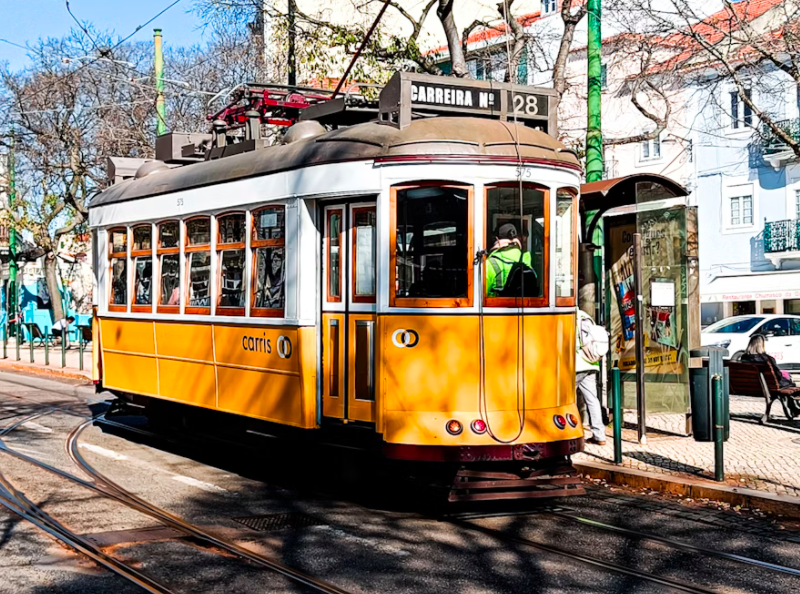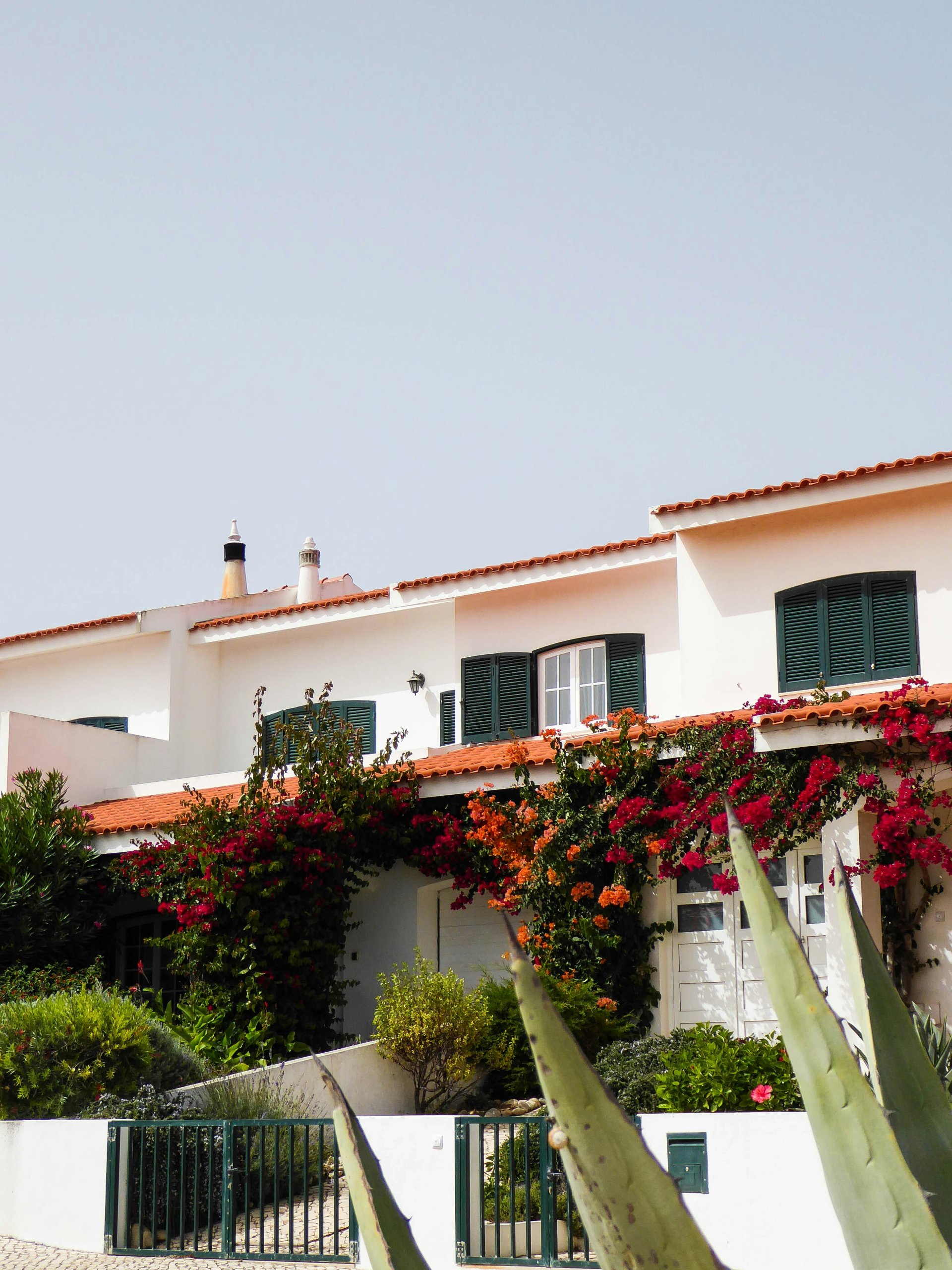 Many of us dream of leaving the rainy UK behind and starting a new life somewhere sunny and vibrant. Portugal is a popular spot with ex-pats because it combines an interesting history with stunning landscapes, great weather, food and drink, but is still accessible from the UK for friends and family to visit.
Many of us dream of leaving the rainy UK behind and starting a new life somewhere sunny and vibrant. Portugal is a popular spot with ex-pats because it combines an interesting history with stunning landscapes, great weather, food and drink, but is still accessible from the UK for friends and family to visit.
If you’re thinking about buying a house in Portugal, either as a holiday home or to relocate completely, we’ve put together a comprehensive list of steps you’ll need to consider. Work through these and you could be well on your way to realising your dream. Image Source.
Think carefully about your goals
At first, the idea of being away from everything can feel appealing, and many people start off looking for a rural idyll, but the reality of day-to-day life – regardless of which country you’re in – is that it’s useful to be close to some basic amenities, even if it’s just a local shop and bar. Think about your long-term goals too. Is this a forever home or an investment? Do you want it to be big enough to accommodate guests? What local amenities could improve your quality of life there? Talk to other people who’ve moved to Portugal for tips and advice.
 Get to know the local property market
Get to know the local property market
Online property research can be a great place to start, but you’ll probably need to visit in person a few times to get a better feel for the local area, make connections with local property agents and view properties in person. Walk around the area you want to live in and look out for ‘for sale’ signs. Get an idea of what’s a reasonable price for each area. You’ll also want to keep your travel costs down, if you’re going back and forth regularly. You could try using a site like the Opodo travel agency to search for deals on flights and hotels. Using such a portal to compare flights and airports might also help you choose exactly where in Portugal you want to live, by giving you an idea of where the cheapest flights are from and to. You may be excited to escape, but chances are you’ll want to come back to visit friends and family at home every so often! Image Source
Get expert advice
It’s crucial that you take professional advice from a local expert who understands exactly how the property market and legal system works, as they’ll be able to guide you through the whole process. We’d also suggest using a solicitor local to the area, or at least someone with specific experience of the Portuguese legal system. It would be useful to have a solicitor who speaks Portuguese and English, as this will prevent any time being wasted by having to get documents translated.
Set your budget
Be realistic about what you can afford and don’t forget to think not just about the house itself but also all of those extra costs that soon add up – taxes, legal fees, and property management expenses. These may be different in Portugal, so make sure you’ve covered all the bases. If you need financing, explore mortgage options in both the UK and Portugal. Some UK banks may provide international mortgage services, but some local Portuguese banks also offer mortgages for foreign buyers.
Get your Número de Identificação Fiscal
Before you can buy a house in Portugal, you’ll need a Portuguese tax identification number – a Número de Identificação Fiscal or NIF. You’ll need a NIF to do things like open a bank account, sign a property deed and pay taxes. You can get a NIF from the local tax office or through a solicitor.
Making an offer
Once you’ve found a house you love it’s time to get down to the nitty-gritty and make an offer. Just like in the UK, this can involve a bit of negotiation, but your solicitor can help with this. You then sign a reservation agreement and pay a deposit – usually around 10%. It’s up to your solicitor then to carry out due diligence to ensure a secure and lawful transaction.Doing the deal
The next step is to sign the promissory contract, known in Portugal as the contrato de promessa de compra e venda – a legally binding document that sets out the terms of the sale, including the price. You’ll normally pay an extra deposit when you sign the promissory contract, then all that’s left is to sign the deed of purchase to complete the sale.
Sounds simple right? As long as you’re prepared to do your homework, visit the area and get the right expert advice and support there’s no reason why you shouldn’t make the dream of living in Portugal a reality.





